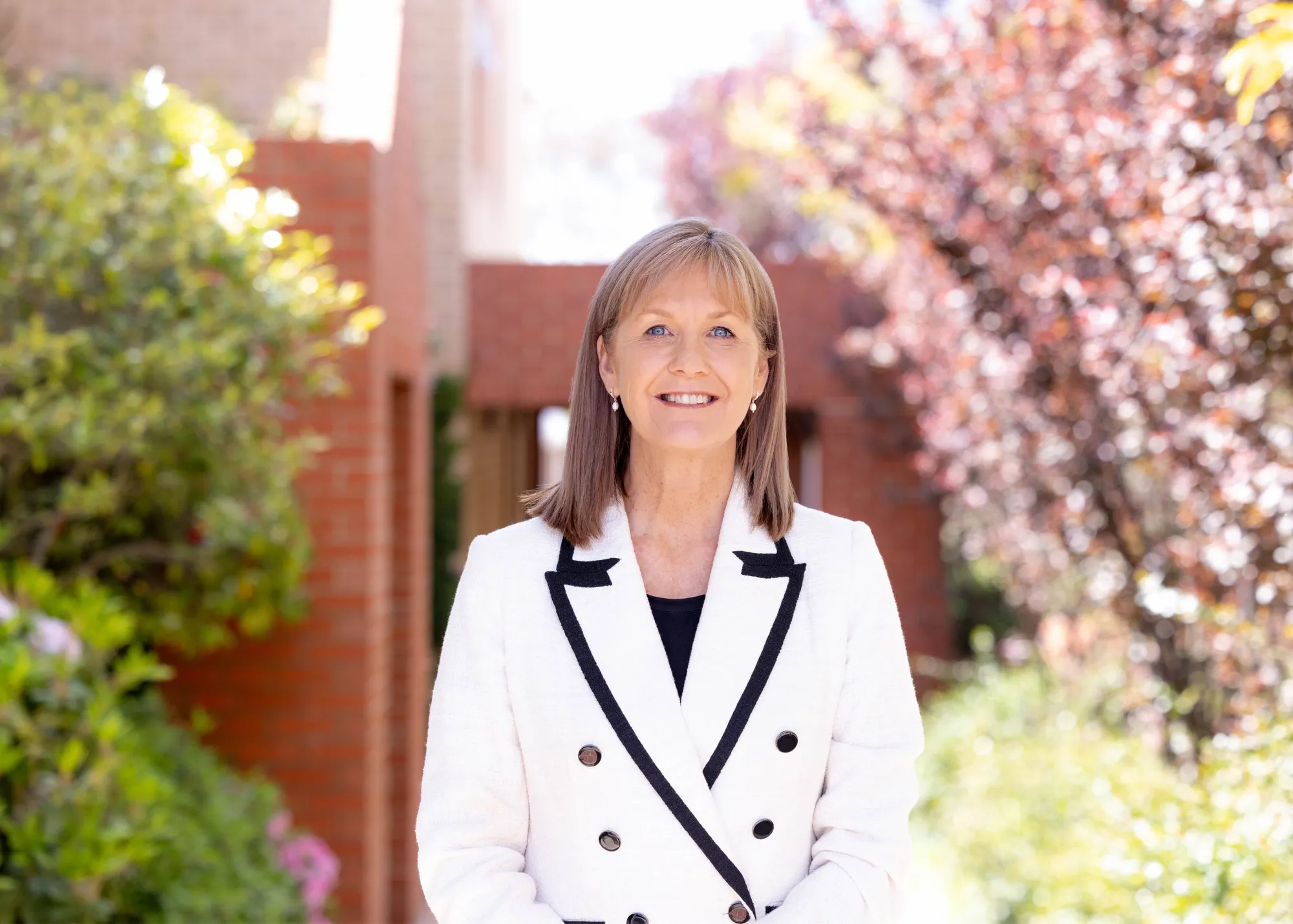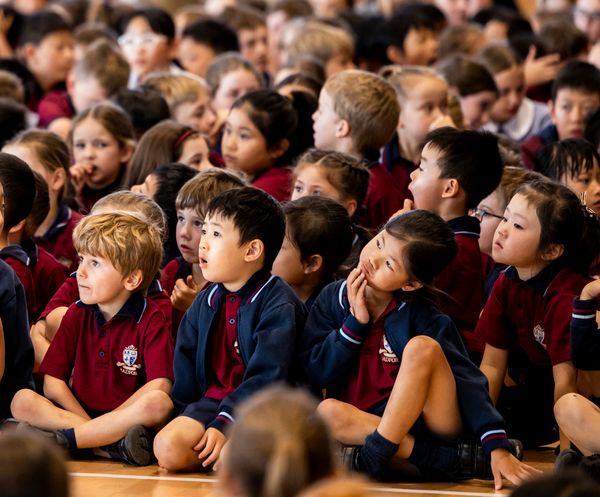Letting kids be kids
By Ms Karen Mahar, Acting Deputy Principal, Head of Junior School

In education, we value the concept of lifelong learning. Another sentiment that I have always held dear, is that children can teach us as much as we teach them. It turns out that my own children have proven to be my greatest educators. While raising them has been a privilege, what I didn’t anticipate was how profoundly they would shape my own growth and perspective.
Recently, while addressing and discussing some inappropriate behaviour among young people, in a bizarre twist, I found myself turning to my teenage children for guidance on the nuances of informal language and themes in a current social media trend. To their great amusement, it confirmed to me that our youth possess a remarkable understanding that often surpasses that of many adults.
As one Junior School parent aptly put it, “The train has left the station, and parents are scrambling to catch it.”
With this said, we recognise the urgent need to regulate screen time for our young people. We are wise to monitor what our young people are accessing online, when gaming and while using apps and social media.
If we are committed to wanting kids to be kids, we need to be proactive and vigilant in monitoring much of the content, and language that our young people are exposed to and interacting with to ensure they are age appropriate.
Beyond a child's physical age, their maturity and resilience can impact their ability to have positive online and social media experiences.
Most social media platforms and apps mandate a minimum user age of 13, although some are specifically designed for younger children. This age threshold is primarily in place to comply with the Children’s Online Privacy Protection Act of 1998 (COPPA), a US law that restricts the collection and storage of personal information from users under 13 years old, rather than due to safety concerns.
The fact that brain development in young people continues until around the age of 25 particularly pertains to the maturation of the prefrontal cortex. This region, also known as the frontal lobe, enables us to weigh the pros and cons of decisions before making them.
To protect children and teenagers from adult themes and potentially harmful content, age restrictions are placed on social media, digital games, and online access. These measures are in place because many young people lack the maturity and decision-making capacity to engage with such content appropriately, and it is not socially acceptable for them to do so.
After relying on the wisdom of my teenagers, and my steep learning curve last week, I was prompted to do a little research in addition to the excellent information available through the Cyber Safety Project, and the eSafety Commissioner.
One initiative that I discovered was the 36 Months organisation. They maintain that kids need more time to develop healthy and secure identities before they’re exposed to the minefield of social media.
36 Months is calling on families, community leaders and educators to advocate for crucial policy change and sign a petition that will be taken to parliament. 36 Months is urging the government to change policy and raise the threshold for social media citizenship. This means delaying the age teenagers can sign up for social media accounts from 13 to 16 – in other words, an additional 36 months.
Despite the numerous privileges and conveniences brought by technological advancements and societal progress, our young people today are navigating a complex and rapidly changing world. Many are experiencing an alarming rise in anxiety levels and symptoms of depression. Some young people are facing unprecedented mental health challenges, often manifesting as extreme emotions and stress.
While our purpose is to develop young people to live truthfully, act with compassion and seek wisdom for the greater good, we also strive to safeguard their innocence and prevent them from maturing too quickly.
Educators and parents have a vital role in guiding young people on how to navigate the linguistic landscape of social media responsibly. This includes educating them about the importance of context in language use, the impact of their words online, and the distinction between informal digital communication and more formal contexts.
Parents are encouraged to engage in open discussions with their children, utilise available resources to support online safety, and monitor their online activities. We expect our students to act respectfully and appropriately to ensure that everyone in the Radford community feels safe and secure – whether online or in person.
In the meantime, I'll warmly embrace the rise of informal language by learning from my teenagers. With a dash of humour, I'll attempt to keep up with how social trends and social media, emojis and emoticons are shaping vocabulary, interactions and expressions, all while pondering the amusing yet serious implications for society, parenting and education.
References:
